Convenience stores want in on the weed game

As marijuana legalization continues to sweep across the U.S., businesses of all kinds are attempting to cash in on the ‘green rush.’
Convenience stores are reportedly making their case to be able to sell cannabis products at their retail locations once the product is entirely legal.
We know how to ID people
The National Association of Convenience Stores (NACS), the industry’s international trade association, has been monitoring the progress of marijuana legalization in the U.S. with anticipation, seeing a potentially lucrative new revenue stream developing.
CSP, a retail industry publication, projects that CBD sales alone within the next three years could reach between $1.3 billion – $22 billion.
According to Green Entrepreneur, marijuana legalization is not a part or NACS’s advocacy portfolio, but that is not stopping the organization from maintaining a watchful eye on the movement.
Jeff Lenard, VP of Strategic Industry Initiatives at the NACS, reportedly said, “The idea is that you want to have a level playing field for selling legal products.”
Convenience stores across the country are currently able to legally sell certain age-restricted products such as alcohol, cigarettes, and lottery tickets. The logic, according to Lenard, is that their industry already has the experience in checking IDs for these products; legal cannabis products would be no different for them. Adding snacks and soda to a purchase would be an easy upsell.
Retail chain Kwik Trip has reportedly already added CBD products such as vape pens and topical rubs to select stores in Minnesota and Wisconsin.
Pro-legalization blog Disorderly Conduction criticized the powerful and influential convenience store lobby for bandwagoning; wanting in on the profits reaped from legalization without actually doing any of the hard work to make it happen.
While convenience stores selling pot would undoubtedly help bring legal consumption into the mainstream, many within the cannabis industry echo the fear that such a move would harm the local dispensaries that have taken on the risk of providing products to consumers during this legally tenuous transition period in America’s history.
As NerdWallet noted in a recent article for weed entrepreneurs, not only is the marijuana industry heavily regulated, but the markup on licensing fees could be twice as high as those for a traditional business, if not more. Cannabis businesses are also not allowed to deduct businesses expenses on their taxes, unlike conventional companies.
Large resource abundant chains such as 7-11 or Walmart offering cannabis as yet another behind-the-counter product could likely put many small dispensaries out of business.
Speaking to Real Money, Mark Singleton, owner of Singleton Investments, said that the cannabis industry is either “unaware” or “in denial” of the threat legalization could pose to the dispensary business model.
“This will kill dispensaries,” said Singleton.
Infiltrating daily life
No business model is sacred, however, and dispensaries are no different. As legalization continues to gain ground, business models will inevitably need to adapt to meet consumer and patient demands.
Adweek recently wrote, “Cannabis and hemp brands should look to quietly infiltrate day-to-day life in an organic way.”
Cannabis businesses have successfully been able to leverage influencer marketing over social media. Unlike traditional marketing, influencer marketing allows brands to foster the perception that brands have developed a personal relationship with their consumers. Influencers have worked hard to build trust with their audiences, providing unique opportunities for brands to communicate with their target markets.
Smoking flower also seems to be a way of the past as consumer demands for extracts continues to grow.
FinancialBuzz.com reports, “Consumers within the cannabis market are now demanding more potent and cleaner alternatives to smoking the plant.”
A BDS Analytics and ArcView Market Research report from 2018 projected that retail sales of cannabis concentrates are expected to reach $8.5 billion by 2022.
Part of their popularity is being driven by the kind of high consumers can get from vaping THC-rich oils, which is stronger than from smoking traditional flower. Non-psychoactive CBD concentrates, on the other hand, are prized for their medicinal benefits.
Chefs across North America are experimenting advantage of this trend as well by experimenting w with cannabis cuisine. Bob Marley’s daughter, Cedella Marley, for example, published, her recipe for cannabutter, butter infused with cannabis.
KultureHub writes that cannabis cuisine has evolved from simple pot brownies to quality culinary delights crafted by chefs at the top of their game.
A recent survey by The National Restaurant Association found that nearly 77% of chefs believed cannabis cuisine to be the top trend of 2019 for the food industry. Cannabis/CBD-infused drinks and cannabis/CBD-infused food ranked first and second, respectively.
The Alcohol and Tobacco Tax and Trade Bureau (TTB), a U.S. Treasury Department bureau in charge of regulating and taxing the sale of alcohol, tobacco, and firearms, said in April that it was updating its guidance on the inclusion of “hemp” ingredients in alcoholic beverages.
The TTB, which regulates alcoholic beverage formulation, collaborates with the Food and Drug Administration to determine beverage safety.
“TTB will not approve any formulas or labels for alcohol beverage products that contain a controlled substance under Federal law, including marijuana,” said the bureau.
The FDCA, or Food, Drug & Cosmetic Act, was first passed in 1938 to regulate food, drug, medical device, and cosmetics.
CBD has yet to receive the FDA’s stamp of approval, writes Canna Law Blog, making CBD beverages technically unsafe under current law.
Recreational pot now legal in Illinois
At the end of June, Illinois Governor JB Pritzker made marijuana news history and signed into law a bill ending the prohibition on recreational cannabis use for state residents. The bill also expunges the criminal records of nearly 800,000 non-violent offenders convicted of illegal marijuana possession and provides a pathway for them to obtain business licenses.
In a column for Forbes, Ben Curren, CEO, and founder of Green Bits, called the legislation “the gold standard” for the cannabis industry.
Not all localities, however, are on board with the change. Under the new state law, municipalities can pass local ordinances to create “restricted cannabis zones” for the precincts within their jurisdiction. Local governments have already started moving in that direction.
The board of trustees of the Village of Morton, for example, unanimously voted to ban cannabis businesses on July 1. The new ordinance, which takes effect at the beginning of 2020, does not affect CBD oil sales.
According to WCBU.org, Morton residents 21 and older can still legally possess up to 30 grams for recreational use.
Village Attorney Pat McGrath said the new ban reflects “what the community’s sensibilities were on this issue.”
Federal
Former U.S. attorney and cannabis executive Barry Grissom has recently entered the political fray as a candidate for U.S. Senate representing Kansas. Grissom’s candidacy, however, isn’t the only crossover between the federal government and the cannabis industry.
Former Republican Speaker of the House of Representatives John Boehner – once opposed to legalization – has since done an about-face, joining the board of marijuana investment firm Acreage Holdings in 2018 and heading up the marijuana industry trade group, National Cannabis Roundtable, as its founder and chairman.
Boehner, in a tweet, said that his thinking on cannabis “has evolved,” stating that de-scheduling marijuana was needed to enable medical research that could veterans and “reverse the opioid epidemic ravaging our communities.”

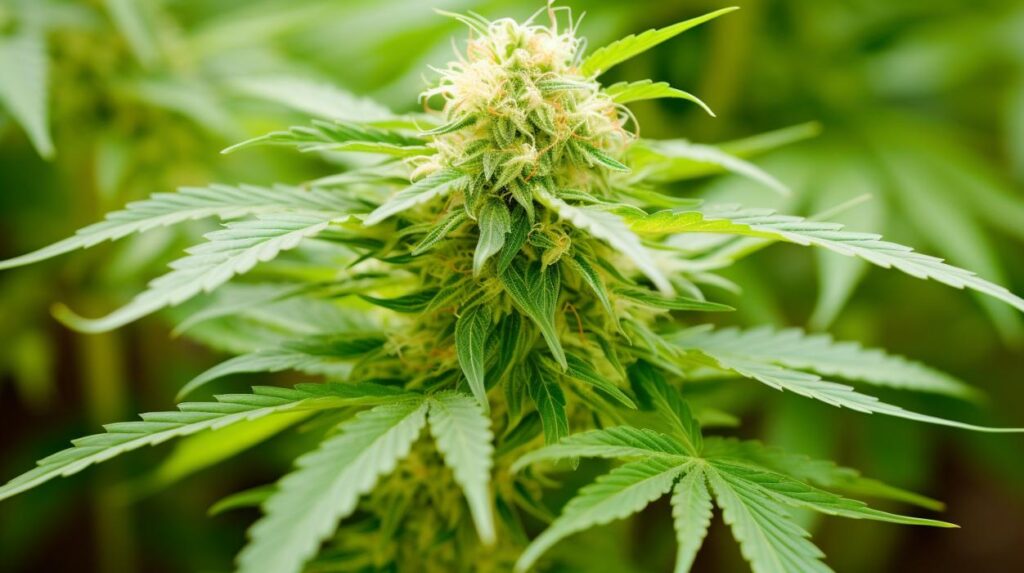
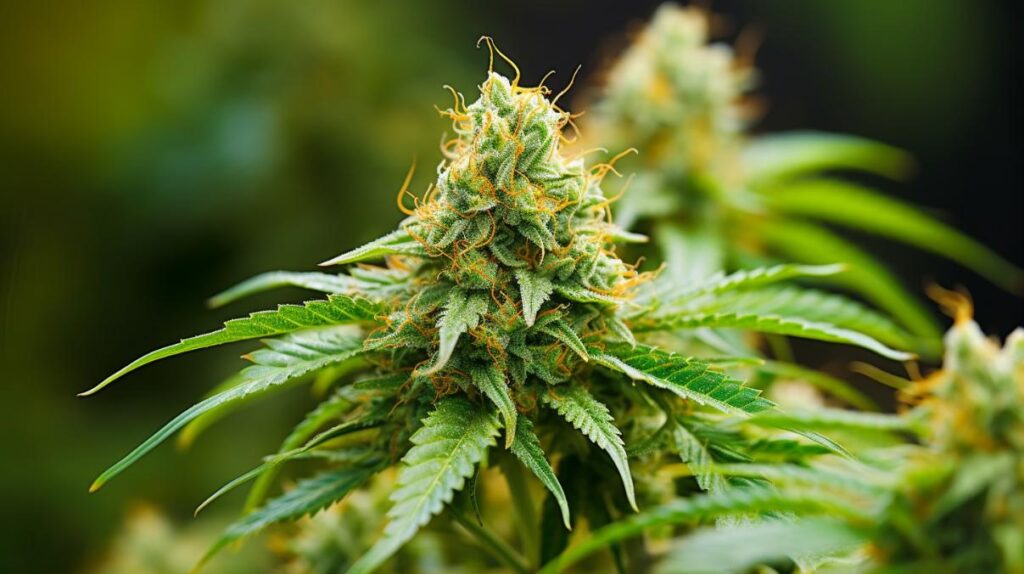
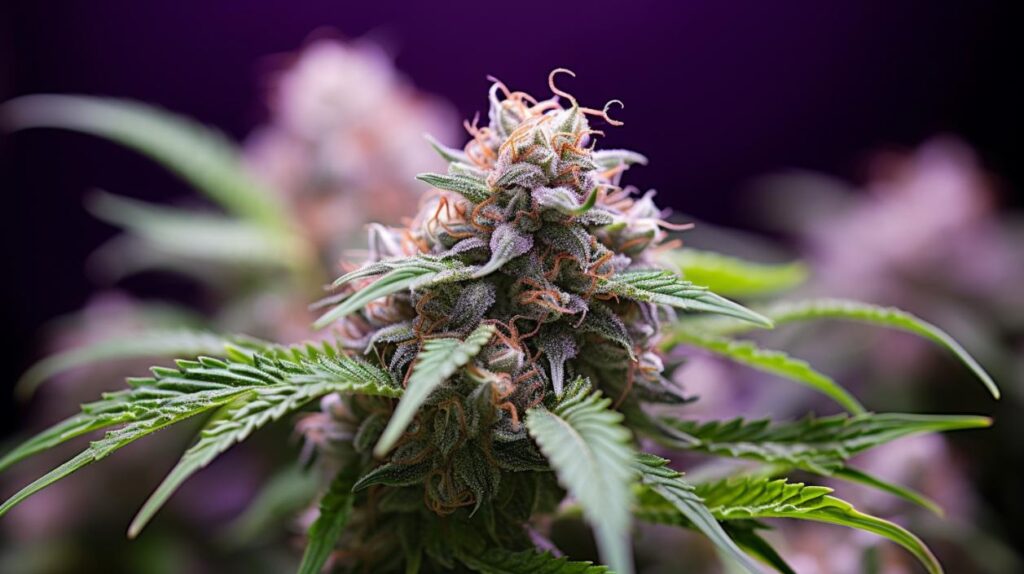
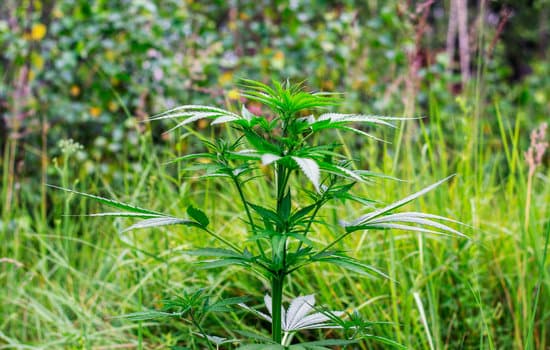
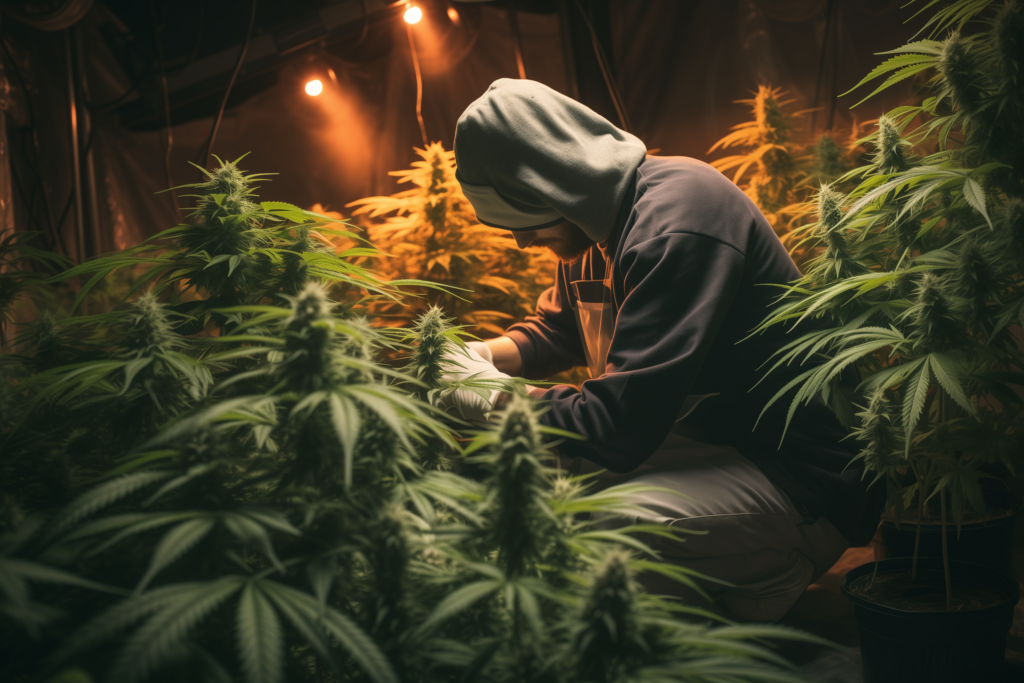

Responses